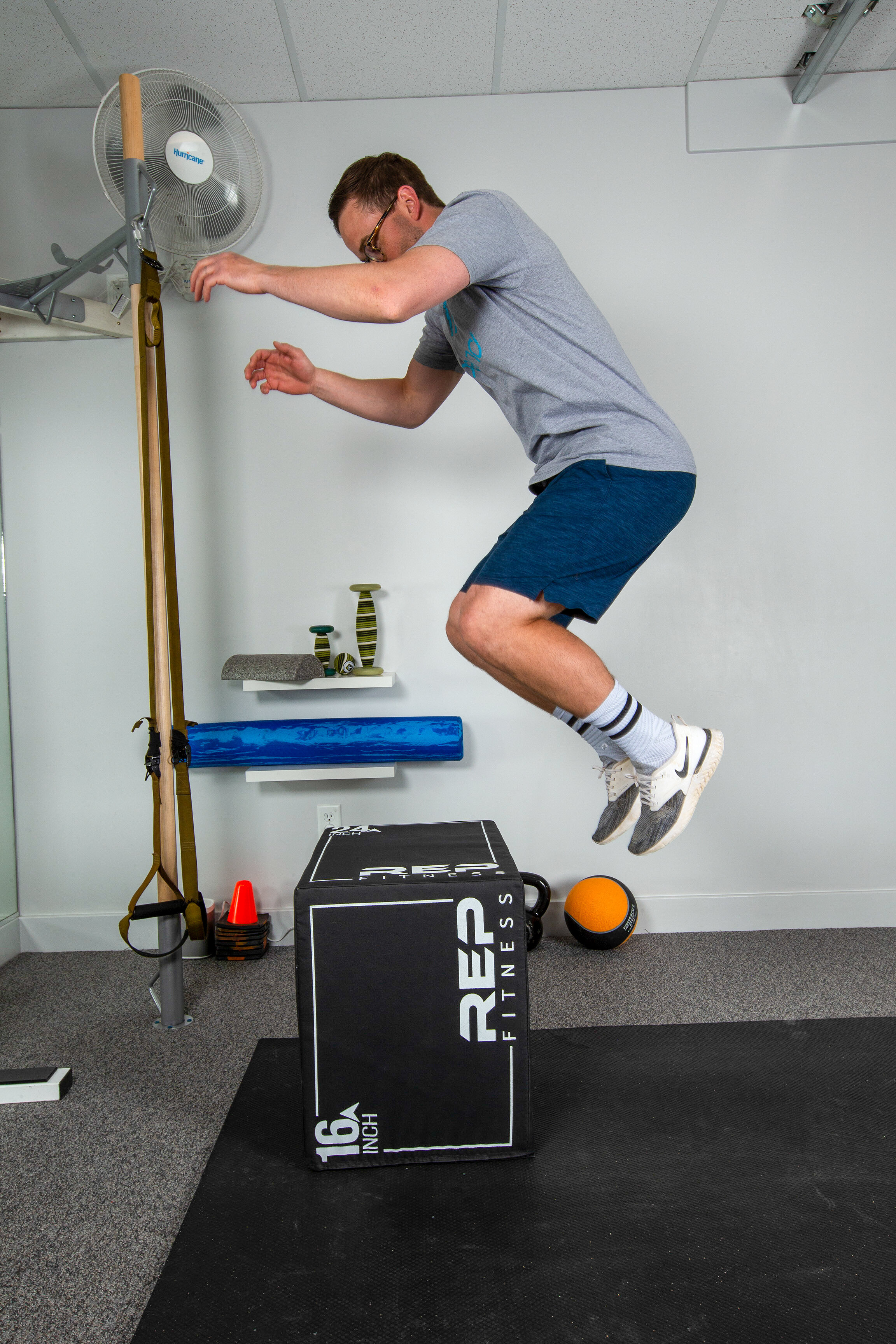ACL tears are a common sports injury experienced during participation in team sports (basketball, soccer), as well as, individual sport (skiing) in Boulder. Despite utilization of Physical Therapy programs designed to reduce an athlete’s risk, incidence for ACL tears has increased by 77% and 19% in female and male athletes, respectively, over the last decade. Their is a significant re injury rate among athletes returning to sport after an ACL surgery with authors reporting a third of all athletes sustain a second injury either to the same side or the other knee. Recent research has seen a significant reduction in subsequent injuries if athlete’s delay their return to sport beyond 12 months. This allows additional time with a Physical Therapist to address strength, power, balance, agility, and sport specific training needs. A recent study highlights specifics of this programming.
Johnson and colleagues published a randomized controlled trial on a risk reduction program for patients returning to sport from a primary ACL tear (JOSPT. 2020). Researchers recruited 39 females who were 3 to 9 months status post ACL reconstruction surgery. Athletes were randomized to either a Physical Therapy program consisting of strength training, agility, plyometrics, and prevention training with or without additional advanced perturbation balance training. Each group trained twice a week for 5 weeks and received
Strength Training including squats and nordic hamstring curls
Drop Jumps with mirror feedback
Single leg triple hop training
Tuck Jumps
The advanced balance training included single leg stance on a roller board and tilt board with Physical Therapist perturbation exercises to challenge the athlete’s reactive stability.
Authors reported 9 athletes sustained a second ACL tear over the 2 year follow up period. There were no significant differences between groups indicating perturbation training did not add any additional risk reduction to the primary elements of a prevention program including strength, agility, plyometric, and sport specific prevention training.
Click Here to schedule your next appointment with the experts at MEND

